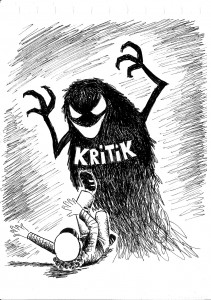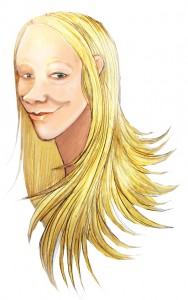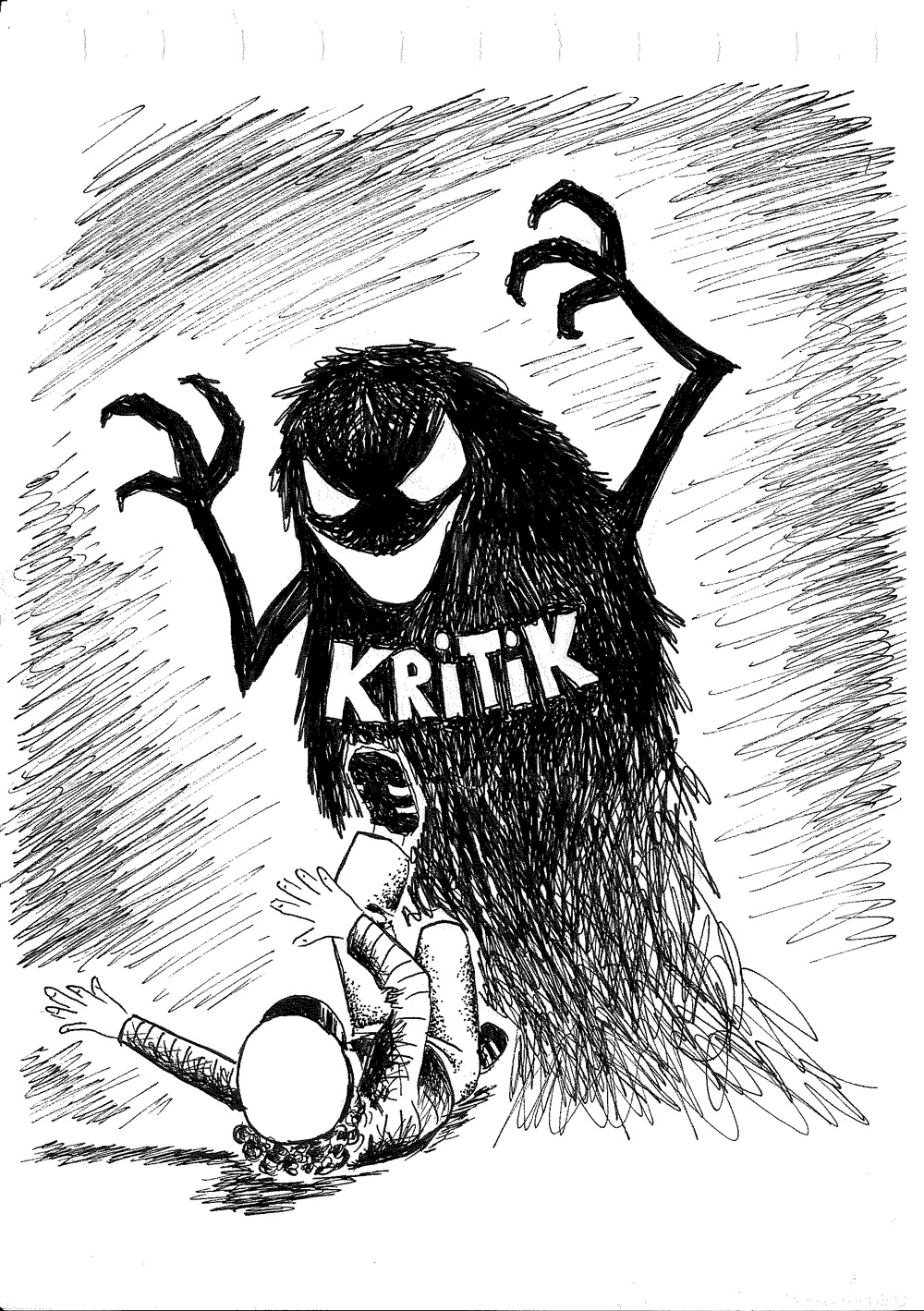It was an ordinary Sunday morning in February, and the familiar smell of Swedish punch and pyttipanna was spreading across the corridors at the AF building. Walking up to the editorial tower took longer than usual, as my shoes kept getting stuck in the subtle muck covering the steps.
It was not until I stood outside the editorial office that I realised that yesterday’s nation ball had been wilder than usual. All across the fourth floor, someone had sprinkled confetti of shredded Lundagård newspapers, and I found the missing editorial signpost stuffed in a microwave in the kitchen.
Later, we were told of the highlight of the party. Two curators had started a bonfire in the park made from our old newspapers.
The reason for this reaction was not hard to guess. At that time, Lundagård was investigating the nations’ club guards. On top of that, there was also a furious debate in the newspaper concerning the drinking culture in these organisations.
The act in itself was not unforgettable in its finesse. Neither was it unforgivable. Instead, it was the symptom of a more deeply rooted crisis that characterized student life in Lund during the early 2010s, a devastating fear of being criticised.

When membership in unions and nations seized to be mandatory in 2010, the organisations had to start deserving their members. The year after, Lundagård published a widely debated exposure of “blackface” students being sold at a mock slave auction during a sittning. This started a discussion concerning leadership and values of student life. For those who also analysed power structures it helped unmask the persistent trivialities that made life at the University harder for students with a skin colour, class background, or cultural orientation that had not existed at the University since the seventeenth century.
The University reacted by instigating “The Lund University Experience”, a concept where the values of student life are part of the University’s brand. Measures were also taken against visible violations. In 2013, LTH closed down the F-section’s web page with criticised song lyrics, and following the debate on drinking culture, the Vice-Chancellor conditioned that the nations’ economic support would be addressed solely to sober activities.
These were positive changes. The awareness that students who felt excluded from student life could choose not to participate reinforced the struggle against sexist lyrics, and for responsible budgets and nation cultures where students with disabilities could join as well. Together with the new attitude of professionalism in student life, the demands for meritocracy also increased. Recruiting your friends to important positions was no longer accepted, and Lundakarnevalen had its first female general.
However, with the idea of a brand, introversion followed. For us working with watching and writing about student life, the change was obvious. The nations at Lund University started to hold everyday discussions behind closed doors. When students protested against sexist membership magazines or irresponsible alcohol management, they were accused of digging the grave of Studentlund.
 Rather, student life should continue to be based on traditions of openness, transparency, and acceptance. Criticism and hot debate should not be seen as a threat, but rather a necessity. The University with its confused hierarchies and allegedly timid atmosphere clearly has much to learn from this.
Rather, student life should continue to be based on traditions of openness, transparency, and acceptance. Criticism and hot debate should not be seen as a threat, but rather a necessity. The University with its confused hierarchies and allegedly timid atmosphere clearly has much to learn from this.
Lundagård has a duty to open the windows of the AF building, and let the air in. A bonfire now and then of old newspapers is a sign that we are doing our job.
Ida Ölmedal
Journalist at Fokus
Editor 2011-2013
Translation: Sofia Nordstrand






